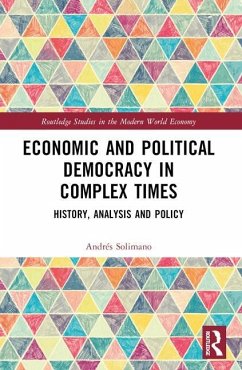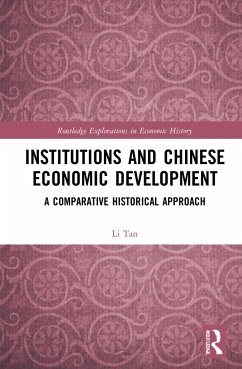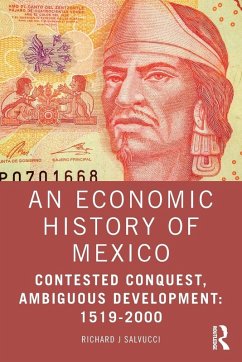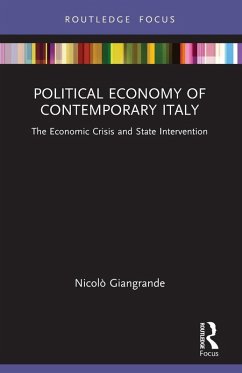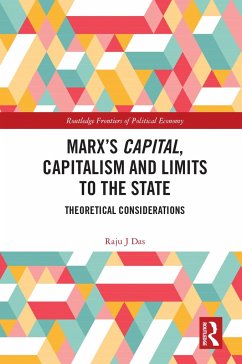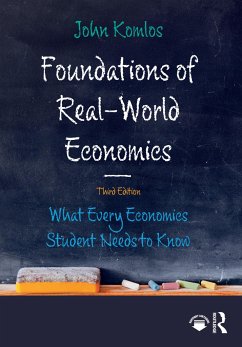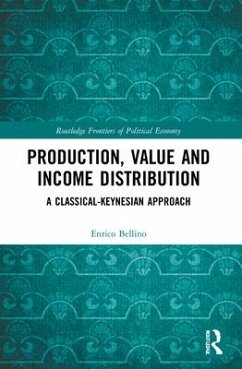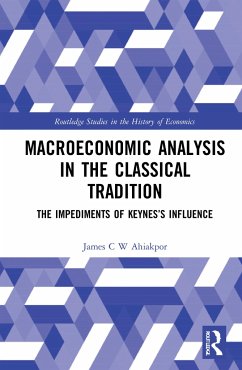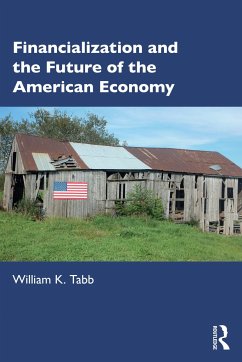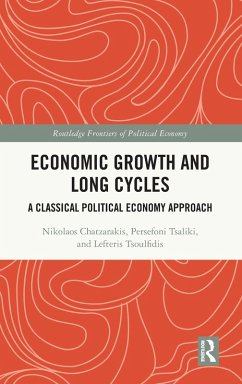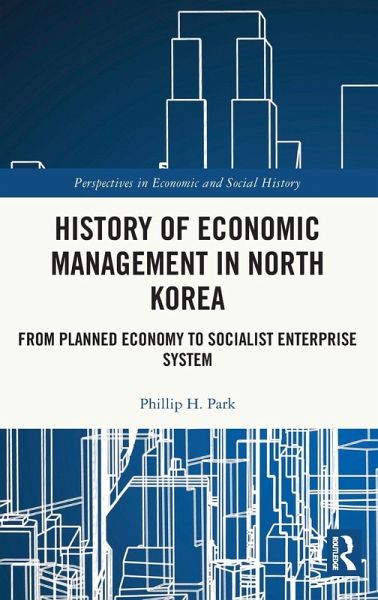
History of Economic Management in North Korea
From Planned Economy to Socialist Enterprise System
Versandkostenfrei!
Versandfertig in 6-10 Tagen
160,99 €
inkl. MwSt.
Weitere Ausgaben:

PAYBACK Punkte
80 °P sammeln!
This book seeks to understand how the economic construction of the Democratic People's Republic of Korea (DPRK) evolved, shaped by the formulation and execution of various economic management systems spanning the years 1949 to 2023, in response to numerous challenges faced by the country.Split into four chapters, Park charts the developmental phases of the DPRK economy under Kim Il Sung, Kim Jong Il, and current leader Kim Jung Un. He carefully cross-examines sources from within the DPRK, including the Complete Works of Kim Il Sung, Selected Works of Kim Jong Il, the Rodong Shinmun, and the Ch...
This book seeks to understand how the economic construction of the Democratic People's Republic of Korea (DPRK) evolved, shaped by the formulation and execution of various economic management systems spanning the years 1949 to 2023, in response to numerous challenges faced by the country.
Split into four chapters, Park charts the developmental phases of the DPRK economy under Kim Il Sung, Kim Jong Il, and current leader Kim Jung Un. He carefully cross-examines sources from within the DPRK, including the Complete Works of Kim Il Sung, Selected Works of Kim Jong Il, the Rodong Shinmun, and the Chosun Central Yearbook. Where related literature relies on testimonies and interviews of defectors, this book offers a novel and comprehensive analysis of sources taken from North Korea, furnishing readers with new insights into the DPRK's economic management and construction policies.
With its novel approach, this book will be of interest to researchers and advanced undergraduates of Korean history, Korean studies, and economic history.
Split into four chapters, Park charts the developmental phases of the DPRK economy under Kim Il Sung, Kim Jong Il, and current leader Kim Jung Un. He carefully cross-examines sources from within the DPRK, including the Complete Works of Kim Il Sung, Selected Works of Kim Jong Il, the Rodong Shinmun, and the Chosun Central Yearbook. Where related literature relies on testimonies and interviews of defectors, this book offers a novel and comprehensive analysis of sources taken from North Korea, furnishing readers with new insights into the DPRK's economic management and construction policies.
With its novel approach, this book will be of interest to researchers and advanced undergraduates of Korean history, Korean studies, and economic history.





